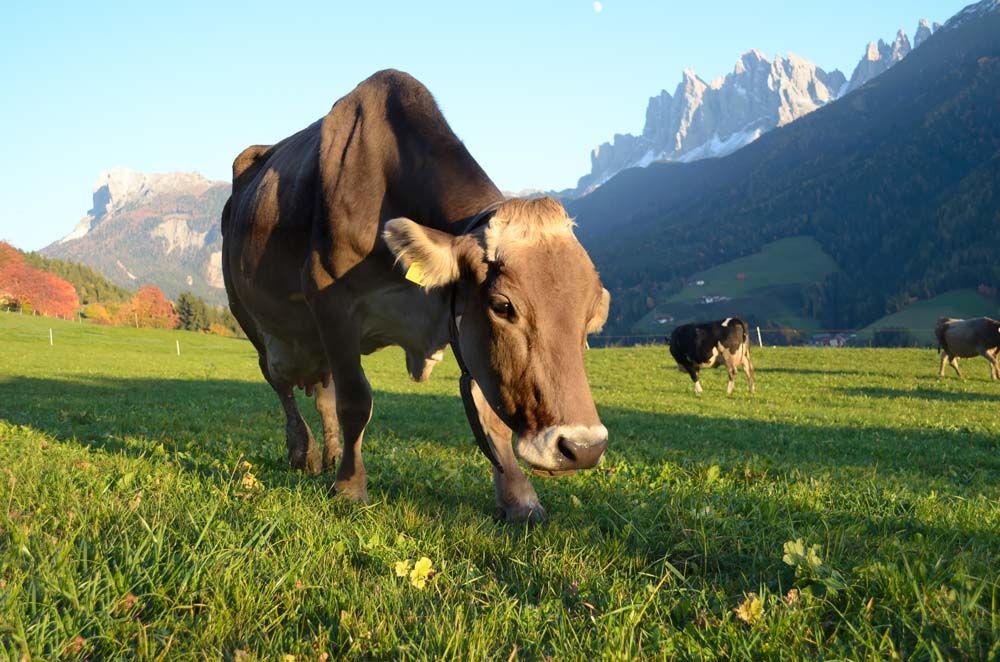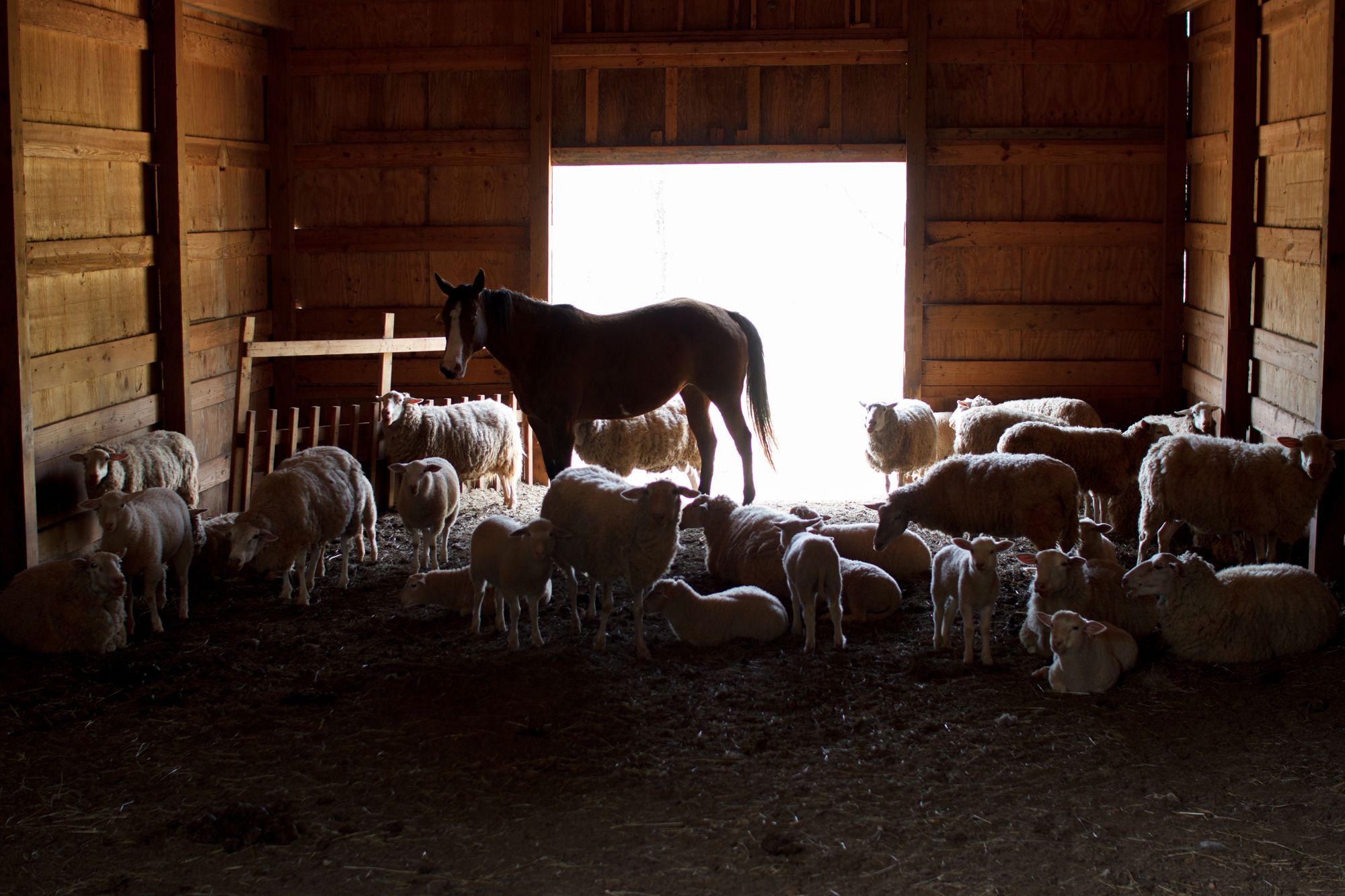Mouse Patrol:
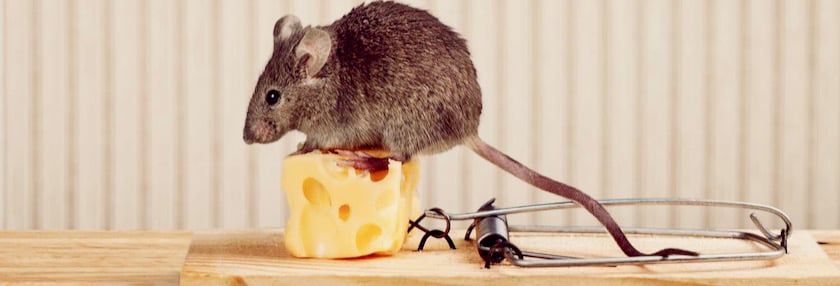

Tips for mouse control on the farm
It’s finally fall! Autumn colors! Ripe pumpkins! Mice in the barn! Wait—what’s that?
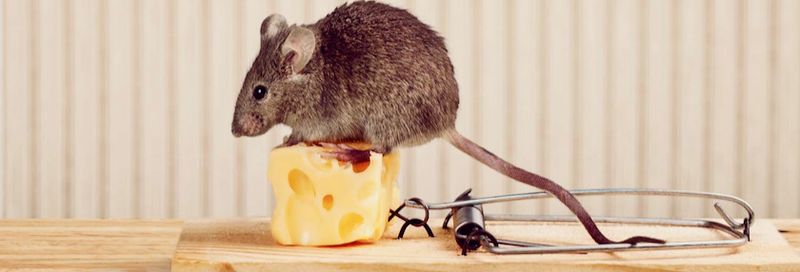
Unfortunately, it’s true. Just as you stock your winter woodpile and close up the storm windows before cold weather sets in, this is the time of year when mice and other critters are searching for warm places to hide during the winter months.
Unfortunately, their idea of a good place just might be your barn or farm outbuildings. Here are a few ways to stop a mouse invasion.
1. Block entrances
You may not be able to keep all the flies out of your barn (too bad!), but you should be able to stop a significant number of unwanted critters by locating and sealing up possible entrances—holes around doorways, cracks around foundations, locations where wiring or plumbing enter the building, and so on.
For older buildings, this can be a real chore, but your efforts can pay off big time.
Concrete can be used in some instances, but hardware cloth can also be an effective yet simple solution. Naturally, some rodents may still find ways inside, but you can at least limit some of their efforts this way.
Plus, sealing entrances may double as draft prevention.
2. Reduce food
Mice need a food source, and they love nothing better than easy pickings.
To discourage them from hanging around your barn or stable, try to keep grain and other types of food sources swept up any time they spill.
You’ll also want to store feed in rodent-proof containers and find a safe place to store sacks of feed since a rodent’s inquisitive incisors can easily chew through them.
3. Try traps
Don’t overlook good ole mouse traps as a method for mouse control in your farm buildings. Mouse traps aren’t just for the house! Glue traps may be less effective in a barn setting due to dust and hay chaff interfering with the glue, but traditional spring traps placed in out-of-the-way locations can be a great choice for discouraging mice around barns and storage buildings.
Peanut butter topped with horse feed seems to be a combination that rodents find irresistible.
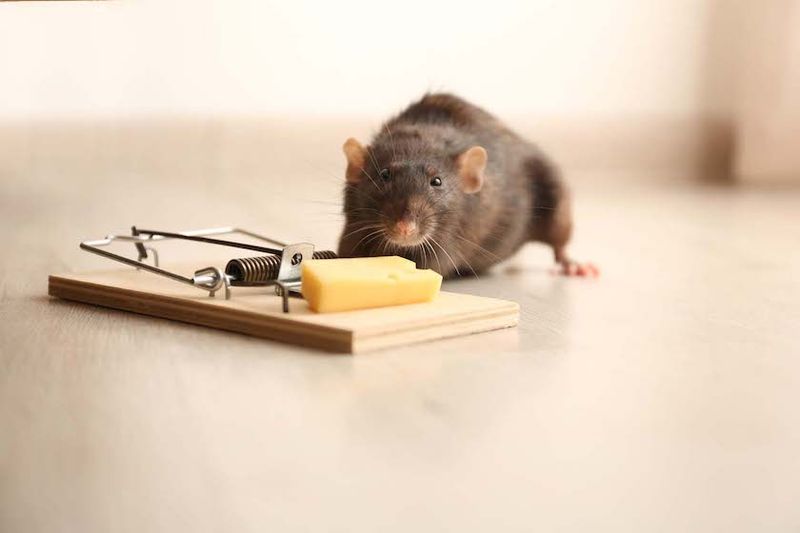
4. Keep things clean
Mice and voles in particular depend on hiding places to safely navigate their way through a building. Piles of unneeded barn debris like hay and bedding are just an invitation for rodents to come and hide, but even boxes, lumber piles, or machinery can be problematic.
Keeping your barn aisles and storage buildings clutter-free may help make them critter-free (plus it looks great, too!)
If you can keep the outside perimeters of your farm buildings mowed short, so much the better—the rodents will lack cover for hiding there as well.
5. Avoid poisons
Poisoning rodents is perhaps not the best solution around a farm, as there is a chance of accidentally contaminating your own livestock or pets. With so much activity around a farm—people working, kids playing, dogs running, cows in and out of the barn—poison baits for rodents may be too risky.
6. Protect young trees
If you have young fruit trees or other saplings, fall is the time to take steps to protect them from rodent and rabbit damage during the winter.
Small animals can easily chew the living bark layers around young trees, and if they succeed in girdling the sapling, they may kill the tree.
Protect your investment with a tree wrap product designed for young trees. But be sure to remove it in the spring.
7. Consider a barn cat
If you have a rodent problem and you don’t already own an “outdoor cat” around your farm, you might want to give one a try.
Some barn cats become especially effective at controlling not only mice and voles, but even some larger rodents as well.
Plus—just like a barn dog—there’s something pleasant about the sight of a cat around the barn. You’ll see him silently cruising among the rafters or meandering around the machine shed, enjoying the sunny day and life on a farm as much as you do.
You don’t have to suffer through chewed hay twine or ruined feed this winter. With a little preparation, you can stop these critters before they have a chance to cause trouble!
Tags:Country Critters

Acreage Life is part of the Catalyst Communications Network publication family.














